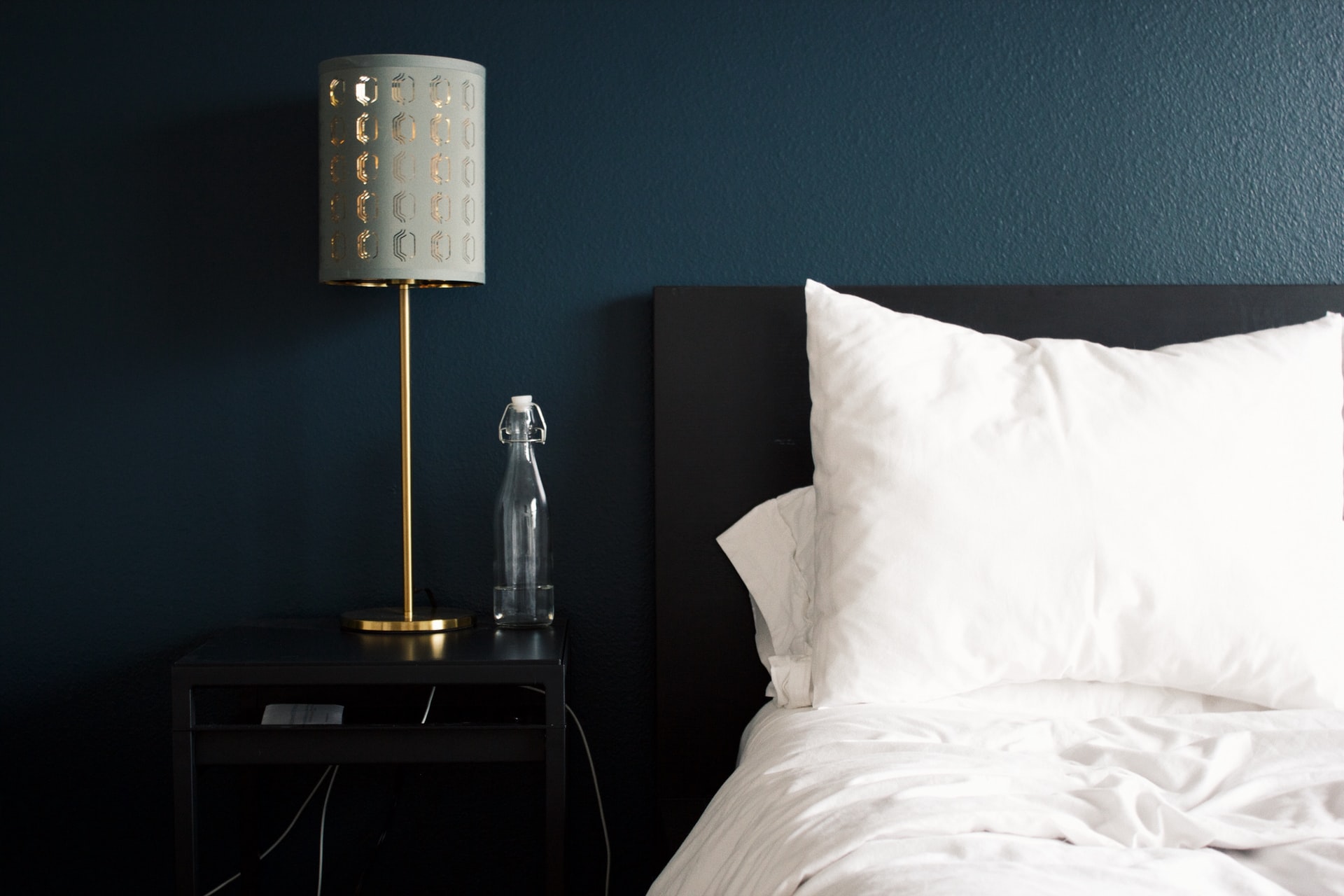A third of hotels may not survive the next 3 months as COVID cases continue to break records and occupancy has dipped below 50% nationally. Without some kind of relief, more than two-thirds are set to run out of resources by the second quarter of 2021. At the same time, Airbnb looks to tap $3 billion next month in a heavily anticipated IPO that has been years in the making. The digital booking platform has actually benefitted from some COVID-related trends that could bolster its business model over the long term – particularly the “work from home” revolution.
Related Stocks: Booking Holdings Inc. (BKNG), Expedia Group, Inc. (EXPE), Marriott International, Inc. (MAR), Hilton Worldwide Holdings Inc. (HLT), Wyndham Hotels & Resorts, Inc. (WH)
The hotel business is grinding closer and closer to the edge of a financial cliff.
Hopes for a vaccine had boosted enthusiasm across the industry in recent weeks as Pfizer, Moderna, and AstraZeneca have all released positive results from their latest round of clinical trials. All three are now jockeying to get as many doses out as they can before the year’s end but, according to Citi Research, economic benefits of vaccination are unlikely to kick in until late 2021, when “herd immunity” is expected to start forming. The Citi analysis assumes those three vaccine candidates would receive emergency approvals between next month and January 2021, estimating that developed economies could start wider distribution of the vaccines in the second or third quarter next year.
The problem is, many in the hospitality sector don’t have enough resources to last until then.
An American Hotel & Lodging Association (AHLA) survey taken November 10-13, 2020, showed 71% of respondent hotels can last only 6 months more. While more federal assistance may be on the way to bolster the industry in early 2021, that doesn’t do much to comfort the 34% of hotels can last only 1 to 3 more months. Additionally, 82% of hotel owners say they cannot obtain additional debt relief from their lenders beyond the end of the year.
Per American Banker, most initial deferral periods for the hotel industry ended in October, and others will expire in a matter of weeks, leaving hotels to resume payments just as the pandemic enters a new phase.
Many lenders may not be able to extend forbearance for much longer. Trepp, a commercial real estate data firm, said the total delinquency rate on commercial mortgage-backed securities made post-2009 — where payments are more than a month past due — was 7.43% in October. Commercial mortgage backed securities (CMBS) delinquencies are much higher for lodging loans at 19.2%.
US weekly hotel occupancy slipped further from previous weeks, according to the latest data from STR, Inc. After ranging between 48% and 50% occupancy from mid-July into the later portion of October, the last three weeks have produced levels of 44.4%, 44.1% and 43.2%, respectively. Though nearly all of those are double the trough of 22% reported in March, the recent skid has stoked fears that a second dip may already be underway, ready to intensify during the winter months. The average daily rate has…
To read the rest of this Market Insight, START A FREE TRIAL You’ll also gain access to: If you already have a subscription, sign in










